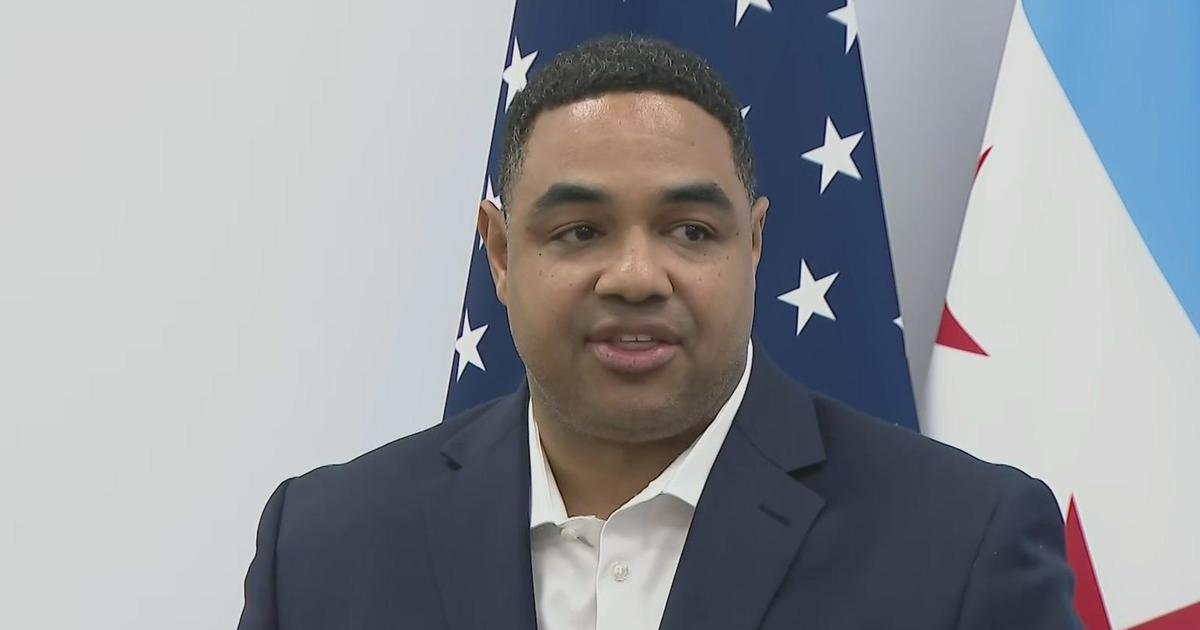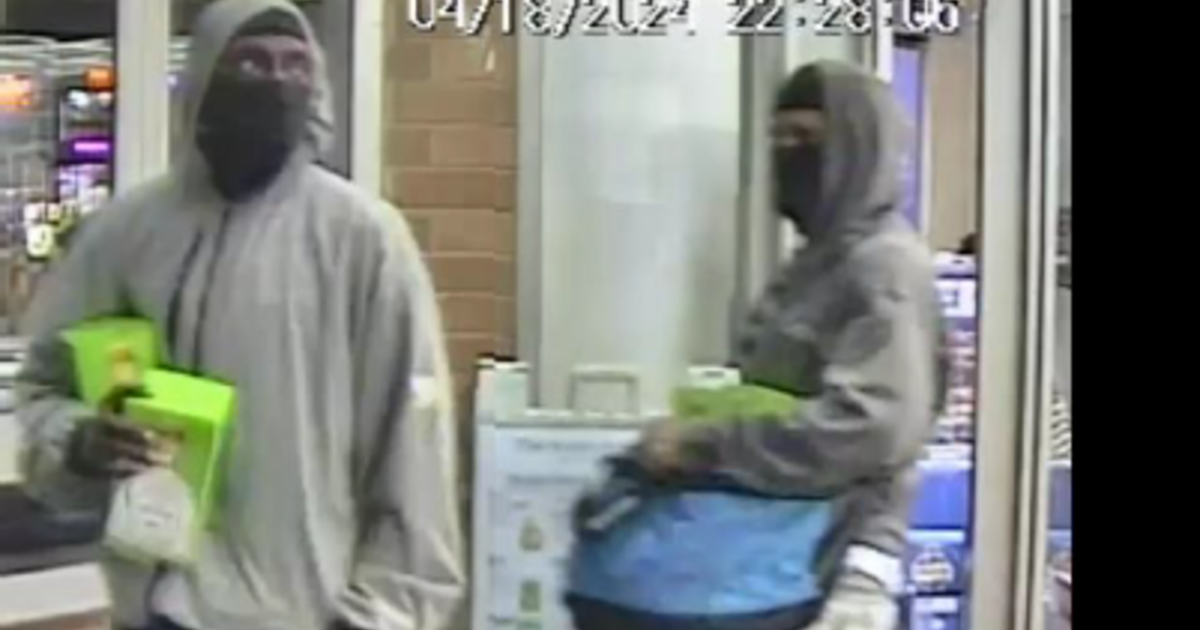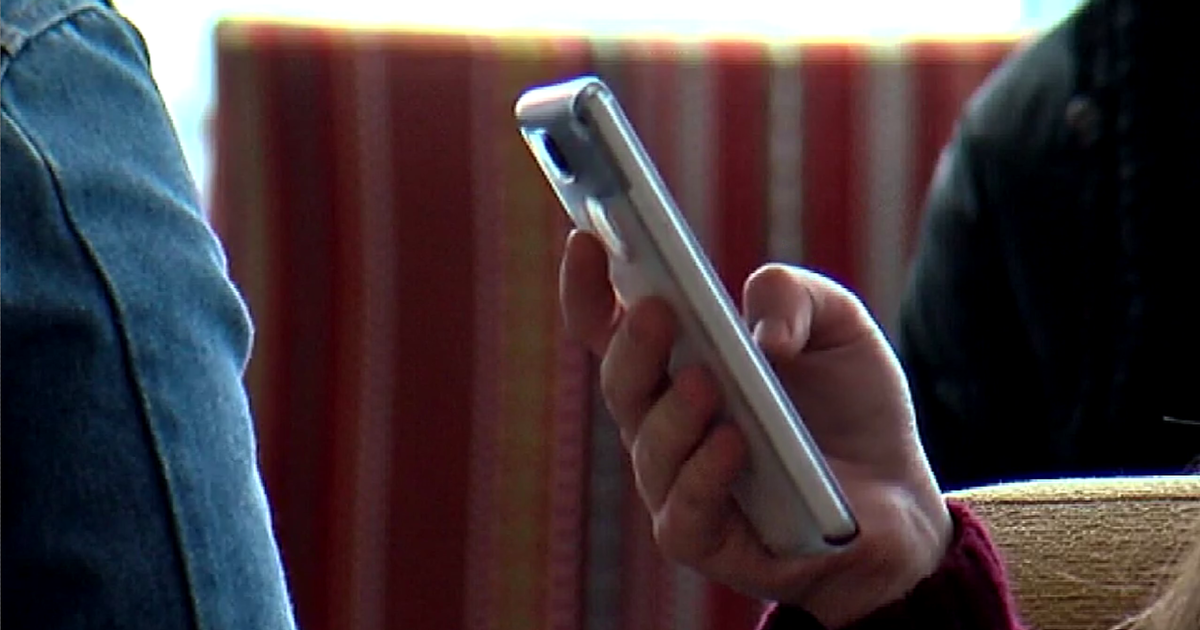Judge Completes Questioning Jurors For Blago Retrial
UPDATED 04/28/11 6:21 p.m.
CHICAGO (CBS) -- After five days of questioning more than 100 potential jurors, the judge in the corruption retrial of former Gov. Rod Blagojevich said Thursday that there are enough qualified candidates to take the final step of seating a jury on Monday.
U.S. District Judge James Zagel said Thursday afternoon that 45 potential jurors had cleared the first few hurdles of jury selection, leaving him with enough candidates to fill a panel of 12 jurors and six alternates once attorneys use their peremptory challenges, which can be used for any reason. Defense attorneys have 13 such challenges and prosecutors have nine.
Attorneys will take the weekend to decide those challenges and will present them to the judge on Monday before beginning opening statements later in the day.
Meantime, defense attorneys and prosecutors got into two heated exchanges on Thursday as they debated whether or not to dismiss a pair of potential jurors.
Thursday afternoon, prosecutors sought to excuse a woman who runs a medical transportation company for hardship reasons. Assistant U.S. Atty. Reid Schar said she should be excused from the jury pool because she has upcoming court dates in two separate civil cases.
"We'd have to take breaks to accommodate her court appearances," Schar said.
Defense attorney Sheldon Sorosky objected to removing the woman from the jury pool, noting that she wrote on her questionnaire that she believes Blagojevich "is innocent until proven guilty."
"Of all the jurors, this is the only juror who gave the correct standard and I think that's what the government is fearful of," Sorosky said.
Schar angrily interjected, "I don't know what's gotten into Mr. Sorosky today. … but these attacks on the government will get them nowhere." He said the defense team should stick to arguing its own views on whether or not a potential juror should be excused.
As the two began to argue again, Zagel cut them off, saying, "I want to put an end to this."
The judge told Sorosky that "If you start talking about the other side's intent … at least in this particular context, you're crossing the line."
Sorosky later suggested that prosecutors might have wanted to drop the woman from the jury because she's "a woman of color," prompting another admonition from Zagel.
"I do not believe that the race of this juror has any bearing [on why] Mr. Schar is seeking to excuse her, and I think the statement was made without warrant," Zagel said.
Sorosky also said that he believed the woman's legal issues were "trivial and meaningless" and would not impact her ability to pay close attention to the case and render a fair verdict.
But Zagel said because one of her court cases dealt directly with her business it is obviously important to her. She noted that part of the reason she runs the business is to provide jobs for her two sons, both of whom have been convicted of crimes.
"This business is pretty crucial to her," Zagel said as he excused her from serving. "I do not want to do to this woman what I believe will happen if she doesn't attend to the business."
Outside of court, after jury questioning had been completed, Sorosky said that he was concerned that prosecutors had asked to dismiss several minorities from the jury pool.
That's always a concern and there's no doubt that has occurred," Sorosky said.
But he stopped short of accusing the government of intentionally challenging minorities because of their race.
"I'm sure the government, as the defense, wants a jury which reflects the entire community and the diversity of that community and that's our goal and I would assume the government wants that also," Sorosky said. "I'm sure we will get a good, fair jury."
Earlier into the day, prosecutors and defense attorneys also sparred over whether or not to dismiss a potential juror whom the judge had initially decided to keep in the jury pool over an objection from prosecutors.
Schar asked to take up the debate again on Thursday after reviewing Juror 178's questionnaire.
The man, who admitted to a previous arrest for burglary from a freight train box car and an arrest for stabbing his brother, which he claims was an act of self-defense, apparently omitted other details of his criminal history.
Schar said that he was also concerned that the man seemed like a loner who seemed nervous, introverted and was fidgeting on the stand. The man has been on disability for five or six years and, when asked what he does with his time, he said he mostly does chores around the house, watches TV most of the day and occasionally goes shopping.
Sorosky claimed that prosecutors were trying to dismiss the man from the jury pool because "he's not someone who would be depicted in a Norman Rockwell painting."
"That's the only reason Mr. Schar doesn't want him," Sorosky said.
Schar chided Sorosky, saying he should make his arguments why the potential juror should not be dismissed, but said, "Don't misinterpret what I'm saying."
Sorosky went on to say that prosecutors were trying to dump the potential juror because, "maybe he didn't speak the King's English or Queen's English." And, borrowing from Zagel's habit of telling potential jurors that the American Revolution was fought in part to assure colonists a jury of their peers, Sorosky said, "Perhaps Mr. Schar wants the king's soldiers" as jurors.
"We would be developing a class standard if we said this man can't serve as a juror," Sorosky said. "There's absolutely no reason why this man can't serve as a juror."
Zagel said he went back over Juror 178's questionnaire Wednesday night after prosecutors indicated they wanted another chance to have him dismissed, and said he didn't believe the man was lying about his criminal history, but simply forgot some of the details.
But the judge said he believed the man had consistent problems with memory, given that he seemed to forget a number of details about his own personal history.
"I think he won't remember what he heard" during the trial, Zagel said. "I think he will be a cipher on the jury."
Zagel dismissed the man from the jury, along with a woman who once performed personal services for the judge at the courthouse, a potential juror who has been admitted to the hospital and a U.S. Justice Department employee.
Another person dismissed from the jury pool on Thursday was a co-owner of a masonry contracting company who told the judge he once sued a close associate of Blagojevich for non-payment.
Although the man, Juror 206, never mentioned any names on the stand, he told Zagel about how he sued someone over non-payment of $23,000 for masonry work and that, based on news reports, the man he sued was a close associate of Blagojevich. He also told Zagel that the man he sued is now deceased.
It is possible that the juror was talking about Christopher Kelly, a close Blagojevich friend and confidant and one of his chief fundraisers. Kelly committed suicide in 2009 and had been cooperating with the federal investigation of Blagojevich.
The potential juror said the Blagojevich associate never gave a reason for not paying what he owed for the masonry work.
"In most instances where I have to litigate, there's some claim. I'm given a reason why I'm not paid. 'Maybe you damaged this, maybe you didn't,'" the man said. "In this particular instance, there was nothing, no indication at all."
"This is someone who, I think, lived outside of the rules," he added of the man he sued.
Zagel later dismissed the man from the jury pool.
Among those who made it into the final pool of "qualified" jurors was a federal probation officer, a Cook County prosecutor, a woman whose husband worked on one of Blagojevich's congressional campaigns in the 1990s, a man who downloaded the wiretap recording of Blagojevich's infamous "f***ing golden" comment as a ringtone, and a woman who said "It would probably take a strong case on Mr. Blagojevich's part to convince me that he were not guilty." The judge allowed that woman to stay in the jury pool after she assured him she could put her opinion aside if she's picked for the jury.
Among those who have been dismissed were a woman who had four tickets to one of the final tapings of the Oprah Winfrey Show next month, a woman who once performed some personal services for Zagel at the federal courthouse, and a U.S. Justice Department employee.
Jury selection has lasted longer for Blagojevich's second trial because so many jurors knew about the first trial and had to be questioned about whether that knowledge would prevent them from being fair.
At his first trial, Blagojevich was convicted of one count of lying to the FBI, but the jury deadlocked on 23 other counts. He is being retried on 20 of those counts, including allegations he tried to sell or trade an appointment to the U.S. Senate seat vacated by President Barack Obama in 2008.
CBS 2 Web Producer Todd Feurer contributed to this report.



